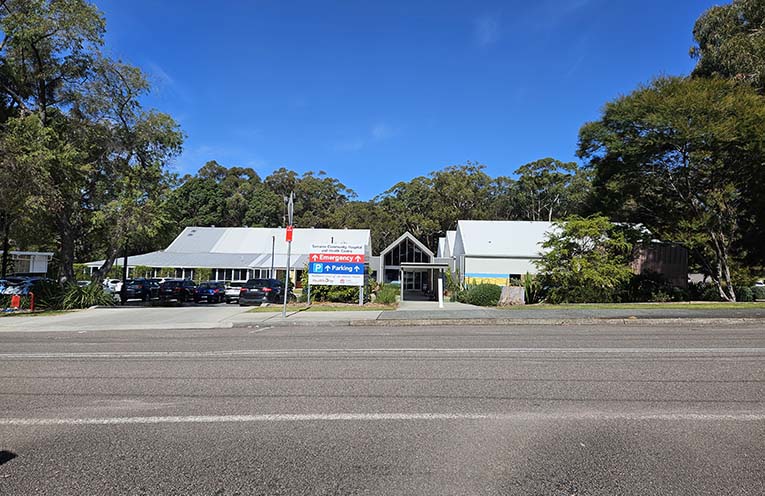
WITH the National Rural Health Alliance (the Alliance) celebrating its 30th anniversary in 2023, rural and regional Australians are still disadvantaged in health outcomes compared to those living in major cities.
The Alliance began, and has remained, as an important voice for rural, regional and remote Australians, to address their concerns in accessing health care and to bring recommendations and solutions to government and others.
The Alliance’s work has focused on the principle that people living in regional or rural areas should have equal health status and access to health and related services equivalent to their city counterparts.
The Alliance recognises that people in rural areas still face a greater burden of disease, despite their ongoing and significant contribution to Australia’s economy.
“The Alliance is now a vibrant organisation, highly in demand for information, solutions and recommendations on rural health matters and valued for its unique position in the health sector, as an influential voice for the seven million people living in rural Australia and the health workers who support them,” Alliance Chief Executive Susi Tegen said.
“We have come a long way and made great progress.
“However, we have a longer journey ahead to achieve our collective vision of healthy and sustainable rural, regional and remote communities across Australia,” Ms Tegen concluded.
The Alliance’s diverse membership includes representation from the Aboriginal and Torres Strait Islander health sector, health professional organisations, health service providers, health educators and students.
Another organisation who have long advocated for improved regional/rural health outcomes is the Country Women’s Association (CWA).
Dianne McKenzie, President of the CWA Nelson Bay Evening Branch, told News Of The Area, “The CWA has been an active advocate for mother and baby health since 1922, ensuring that every town had a baby clinic and mothers had access to decent maternity care that was not too far to travel to.
“In all cases across NSW, the CWA was responsible for funding these services until the government took over.”
Dianne believes that there are a number of issues impacting Port Stephens’ health services that may need more than baked good sales to rectify.
“Currently in the Port Stephens area we have a shortage of doctors and primary carers which leads to long wait times and is not helpful when one is actually quite sick and you need a doctor.
“This seems to be compounded by the number of over 55 villages being built without the needed health infrastructure being built to support these ageing bodies and less Doctors being assigned to the area.
“We are over a one hour drive from two hospitals and other specialists in Newcastle and Maitland.
“There are volunteer services and businesses who help with transport to and from but these are not always available due to the high demand and low staffing.
“If one cannot drive to appointments, it can be a very long public transport journey.
“Being so far away means that people may need to take the day off work to meet their basic health care appointments, which may not be possible due to financial restraints, which then may mean they miss out on the medical care they need.
“There are also limited mental health care professionals servicing the area, which again means patients need to travel much further afield. What would be a 30 minute appointment, turns into a three hour journey,” she said.
By Marian SAMPSON
